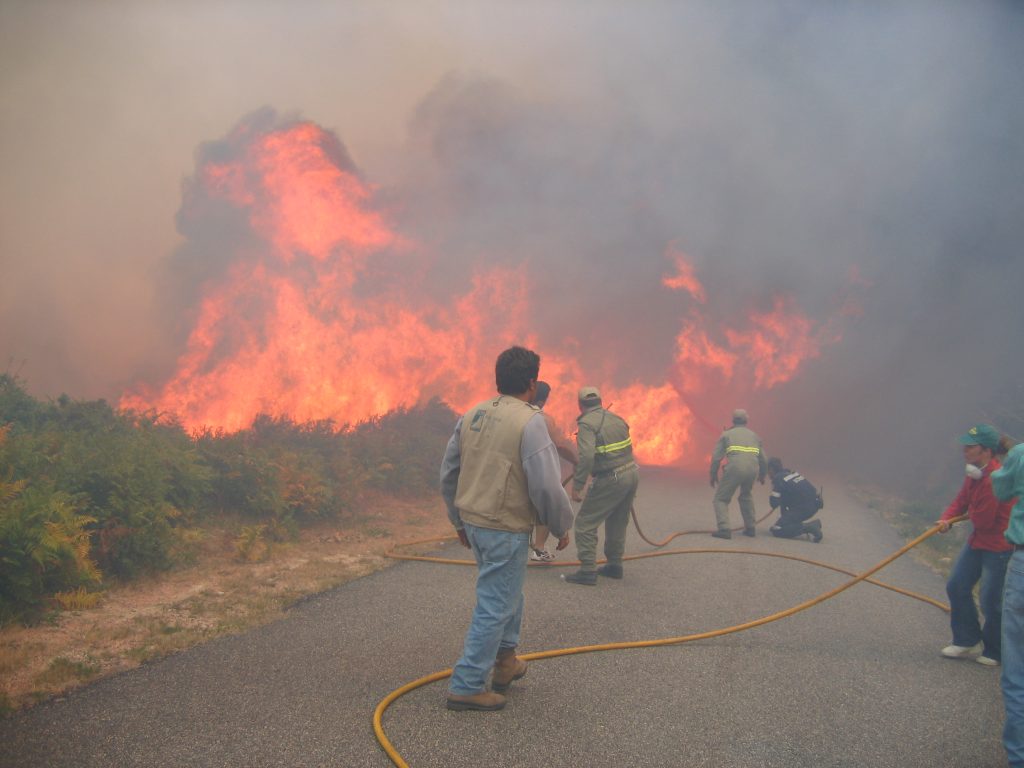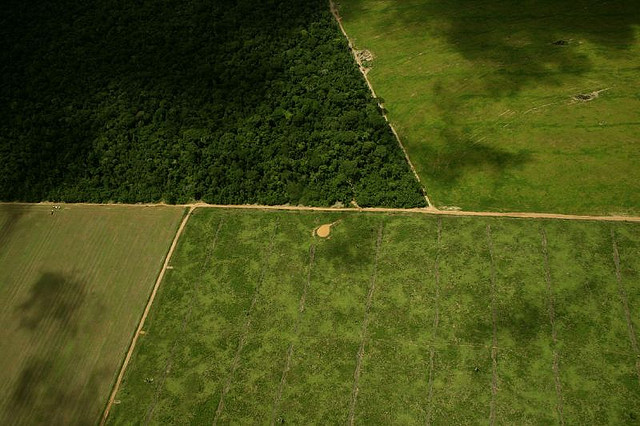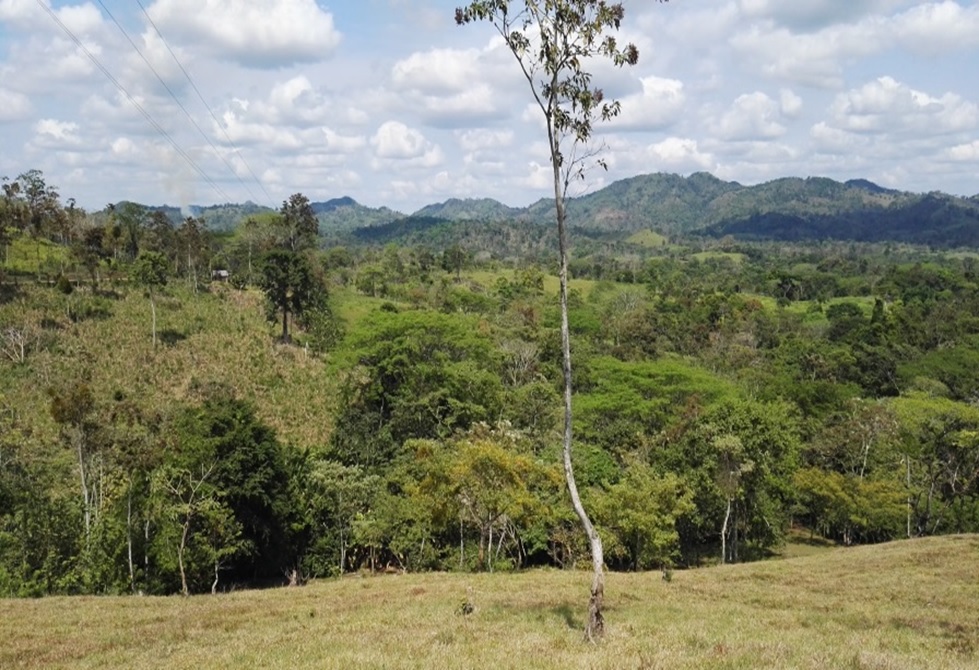Spotlight #83 – Examining the Economic Drivers of Wildfire: Where There’s Smoke, There’s Finance
Spotlight #83 – Examining the Economic Drivers of Wildfire: Where There’s Smoke, There’s Finance

“The world is ablaze. Or so it seems, and the scenario is repeating itself every year now,” says Dr. François-Nicolas Robinne, of the University of Alberta’s Department of Renewable Resources, and Coordinator of IUFRO’s Fire$: Economic Drivers of Global Wildland Fire Activity Task Force (TF).
“Harnessing Synergies between Agriculture and Forest Restoration’
“Harnessing Synergies between Agriculture and Forest Restoration’
Communities work together to restore forests – an example from Nepal
By Lila Nath Sharma, PhD
Blog from IUFRO Member Organization ForestAction Nepal
Jalthal forest is a 6,000 ha forested land in the densely populated region in the lowland of Southeastern Nepal. It is a remnant moist tropical forest with diverse ecosystems and habitats comprising swamps, rivers, ponds, hillocks and plain areas. It is an important biodiversity hotspot with several threatened floras and faunas including the Asiatic elephant and pangolin. The forest has unique assemblages of tropical and subtropical plant species found in the sub Himalayan tract. Floristic elements from different bio-geographical regions – Sino Himalayan, East Asian and Indian, for example – makes the forest diverse and unique.
The forest is an important source of environmental services including fresh water and multitudes of forest products for people living around the forest. It is currently managed by 22 Community Forest User Groups (CFUGs) and is an important livelihood source for over 80,000 people. In spite of high ecological and social significance, the Jalthal forest is subjected to multiple pressures. These include invasive species, human-wildlife conflict (particularly human-elephant), wildlife poaching, illegal felling of trees and timber focused forest management.
Read more…Putting a Halt to Tropical Forest Loss is a Matter of Human Survival
Putting a Halt to Tropical Forest Loss is a Matter of Human Survival
(Vienna, 9 September 2019) Never before, it seems, have forests received as much public attention as at present. Sadly, the reasons for this are most distressing: forest fires of unprecedented dimensions all over the globe; a growing lack of resistance of trees to stressors such as drought, pests and diseases; and the uncontrolled exploitation of forests in environmentally sensitive areas.

IUFRO Spotlight #67 – Tapping the potential of restoring disturbed tropical forests
IUFRO Spotlight #67 – Tapping the potential of restoring disturbed tropical forests
Since the 1980s most deforestation globally has occurred in tropical countries – Africa, South America and Asia. The high rate of deforestation and degradation contributes to the disappearance of 13 million hectares of tropical forests each year.

IUFRO Spotlight #45 – If you’re ‘remotely’ interested in monitoring biodiversity…

Eds: GOFC-GOLD & GEO BON. Report version UNCBD COP-13, GOFC-GOLD Land Cover Project Office, Wageningen University, The Netherlands.
ISSN: 2542-6729
There is a growing need for better information on how remote sensing data can support biodiversity monitoring in tropical forests. In response to this need a new sourcebook has been published with the aim of informing national and sub-national policy and decisions.
More than 70 authors, several of them from the IUFRO community, contributed to the sourcebook that is targeted at project managers, academic institutions, NGOs, students and researchers, among others, with a background in remote sensing. Read more…
